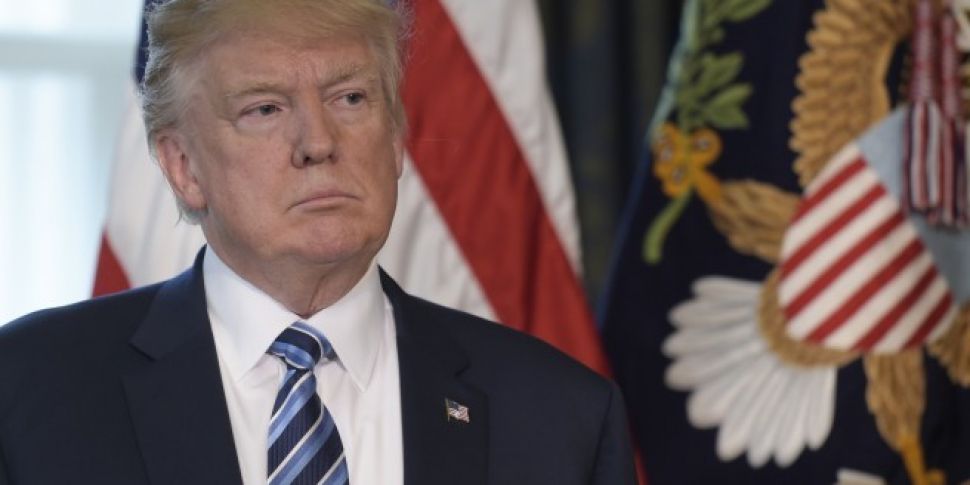US President Donald Trump is set to unveil plans to radically cut US corporation tax tomorrow.
He is expected to announce a new 15% rate - which is only 2.5% above Ireland's.

Mr Trump hopes that the policy will accelerate economic growth by reducing tax burdens.
The current rate is 35% - the US president has argued that it is hurting US businesses and offering an incentive to companies to move their operations to countries where taxes are lower (like Ireland).
His Treasury Secretary Steven Mnuchin has said that the administration believes that the tax cut will pay for itself by creating higher economic growth.

Speaking to The Financial Times last week he argued that a major tax cut could increase government revenue by up to $2tn by increasing growth.
"Economic growth creates lots of revenues ... When you calculate whether it is deficit-neutral or not, there are a bunch of different calculations and a bunch of models. I am just pointing out the magnitude of what economic growth does," he said.
The D.C based Tax Policy Center think tank has said that this tax cut will cost the US $2.4tn over the next ten years.
This move would be consistent with the Republican's campaign promises.
As early was November 2015 he told Bloomberg that lowering taxes is the only way to convince firms to not leave the US for countries like Ireland:
"In the old days you would leave New York and go down to Florida, or you would leave New Jersey to go to Texas to save taxes ... Now because of the way the world is so different, you leave the United States and you go to Ireland, and different places in Asia and you go to Europe. It is a different world and we have to compete better," he stated.

Mr Trump added that there is, "no way to stop it really other than lowering taxes."
While the headline rate of the tax reform is expected to be released tomorrow, full details of his tax policies are not expected until June. This will mean he meets his deadline of announcing the policy within his first 100 days (tomorrow is day 97).
The policy could face challenges from congress as it looks set to lead to an increase in national debt.









